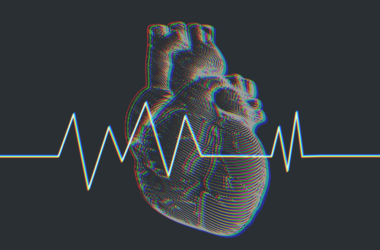We all know that opting for a well-balanced meal is one of the most important factors for the attainment of optimum health. That’s because it supplies the body with the right blend and amounts of nutrients for its proper functioning. The process of digestion is the key to breaking down food into smaller units, allowing for the proper absorption of calories, amino acids, vitamins, minerals and others.
If you are wondering how long it takes your body to digest and assimilate the likes of simple carbohydrates, starch, protein, fat and coconut to be digested, continue reading.
Simple Carbohydrates
Just like what their name suggests, simple carbohydrates have basic structures that make them very easy to digest. Unlike complex carbohydrates that are found in the likes of grains, legumes and veggies, simple carbohydrates are ready to be used by your body as fuel. In fact, some of them may already go straight from your mouth to the bloodstream.
Some examples of simple carbohydrates include fructose in fruits, sucrose or table sugar in candy, and maltose in certain types of vegetables. If you’re on the hunt for instant energy, go for foods with simple carbohydrates.
Starch
Also known as complex carbohydrates, starches may take a little while before they are digested and can be employed by the body as energy. However, this one is true: the digestion of starch begins in the mouth. Such happens when certain enzymes in the saliva break down complex carbohydrates. In the small intestines, the simplified carbohydrates are further broken down into much simpler forms, after which they can be utilized by the body.
The nicest thing about complex carbohydrates is they are slowly released into the bloodstream, giving you a steady source of energy. For endurance, opt for foods that are good sources of complex carbohydrates.
Protein
We all know that protein is important for building and maintaining muscles. However, it may take protein a much longer time than carbohydrates to be digested and used by the body. That’s because protein is made up of large molecules that need to be broken down into amino acids, the building blocks of protein.
Experts say that the digestion of protein begins in the stomach where certain enzymes present act upon those large molecules it’s made of. Once broken down into its building blocks, smaller protein molecules are then absorbed by the walls of the small intestine. By the way, sometimes the body also utilizes protein as energy, just like carbs and fat.
Different types of protein get absorbed at different rates. Take for instance whey protein. Why it’s loved by a lot of body builders is this: some of whey protein may already be in the bloodstream in as little as 15 minutes. It may take up to 1.5 hours before all of the whey protein consumed gets to the bloodstream. If whey protein comes with milk or casein, it may take a little longer for it to be digested.
Fat
Do you feel full for a longer period of time after consuming fat-containing foods? Well, that’s because fat exits the stomach at a much slower rate than carbohydrates and the rest. In other words, it stays there for a longer time before it gets to the small intestines where fat molecules are absorbed.
Needless to say, it takes a long time for fat to be absorbed by the body. Experts say that it may take about 8 hours before fat is ready for the body to be utilized. Digestive enzymes from the pancreas and bile from the gallbladder mix with fat as it enters the small intestines, causing its breakdown. Once broken down, it is absorbed into the bloodstream in the middle and end portions of the small intestine.
Coconut
Nowadays, there is no denying that coconut is a well-known superfood. One of the most popular forms of it is coconut oil, which is scientifically proven to offer an assortment of health benefits due to its antimicrobial and anti-inflammatory properties.
What’s so great about coconut oil is you may take advantage of it in no time because its digestion starts in the mouth, thanks to the so-called lingual lipase that is excreted together with saliva. However, it is still important to note that coconut oil will still have to be absorbed by the intestines for it to get to the bloodstream.













